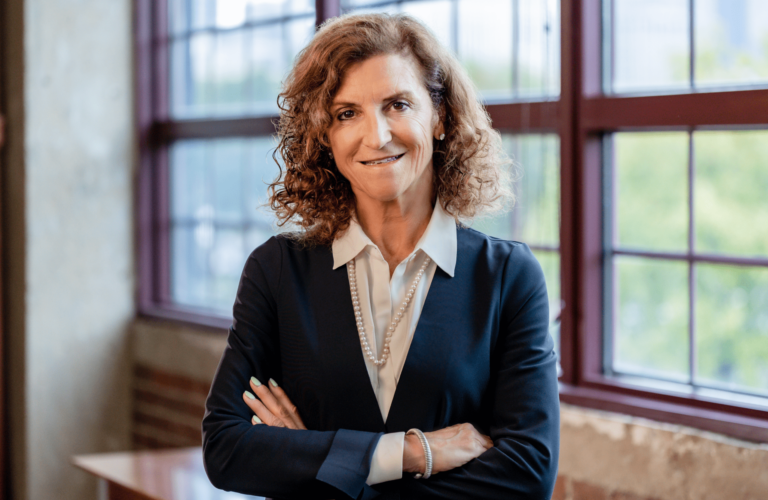Investing in Equity: Why it matters
By Tanny Crane

Columbus was thriving. Our overall city status was elevated. New companies were arriving at a faster pace. And perhaps best of all for individuals and families, per capita income was rising. Those of us who had been working strategically toward these results were thrilled.
But as we celebrated meeting our Columbus 2020 goals early — and they are absolutely worth celebrating — city leaders also acknowledged a disappointing realization: Incomes weren’t rising for people of color.
Within our company, important conversations around fairness and equality began. But they were, quite frankly, soft. And we weren’t putting metrics around goals.
Then in 2020, as the country faced a racial reckoning, Crane Group as an organization really began educating ourselves. We were never going to make headway addressing disparities 400-plus years in the making unless we better understood the problem, including who we have been failing, and how.
Like many, we didn’t know where to begin. So we started slowly and thoughtfully. First, we checked in with our team members to ask how they were feeling. Next, we sought the guidance of experts like diversity strategists Marlon Moore and Dr. Melissa Crum. Then, we began identifying the nonprofit leaders who have been championing this work long before we joined the fight and investing in the power of change through them.
As uneasy as this is to admit, I realized through this process that I was perpetuating the problem without even noticing.
When hiring, I was saying things like, “We want a person who fits our organization.” I didn’t realize how people of color might interpret phrases like that. Does “fit” mean you look like us? Act like us? Live in the same community as us? The truth is, I would often look across the table at someone who looks like me and acts like me, and I would think, “They would be a great fit.”
I’ve stopped myself. Our organization is more creative and successful when I surround myself with people who don’t look like me, who don’t act like me, and who challenge my ideas and opinions. That was a huge wake-up call.
We decided as a company that we needed to immerse ourselves in racial equity work and change our practices at all levels, from hiring to choosing the businesses we invest in to strategizing where we give philanthropic gifts.
The challenges are layered, so we are diving deep. We are better understanding how inequities in areas like education, health, and the environment ultimately impact racial inequities. And we are working to address them by amplifying the voices and funding the work of experts in the trenches — like Maureen Stapleton at Celebrate One, whose Doula Connection pilot program provides at-home support to at-risk mothers through pregnancy and beyond, and Erika Clark Jones at ADAMH, who is building a 24-hour crisis center for people struggling with mental health or substance abuse challenges.
Inside our office, business conversations now start with DE&I, whether it’s challenging our talent search firms to find more diverse candidates for us to consider, asking nonprofits what their boards look like, or assessing our supplier base for diversity.
We also know you measure what matters. So we’re working on thoughtfully setting measurable goals.
Of course, DE&I is not a box to check, but rather an ongoing way of approaching how we operate — a way of being that we want embedded in our DNA. We still have so much to learn. But here are a few examples of progress we’ve made so far:
- This past year, we dramatically increased the diversity of job candidates and hires within our company, and we are already reaping the rewards.
- We are now actively seeking and investing in entrepreneurs of color and private equity firms led by people of color — with a strategy in place to go even bigger in this arena.
- We have focused our charitable giving around reducing racial disparities, and to celebrate our 75th anniversary this year, we’re giving nearly $1.5M to advance equity through community partners.
Why is investing in racial equity important?
First, it will make us a more successful company and community. If everyone is at the table, if everyone is part of the conversation, and if everyone has a good job, we are stronger, we are more creative, and we are more prosperous. A rising tide indeed lifts all ships.
Second, it’s the right thing to do. We’ve got students graduating from high school who are losing hope, because they don’t see how they fit into this community. We must fix that.
Columbus is a great city, but until we are a great place for all, we’ll never reach our full potential. The good news is, we are a city filled with smart, creative, values-driven leaders who work to do the right thing time and time again, and this effort is no different. There are so many incredible companies and people on this path toward racial equity, and I am genuinely excited about the places we can go.
It only happens together, and the journey never ends.